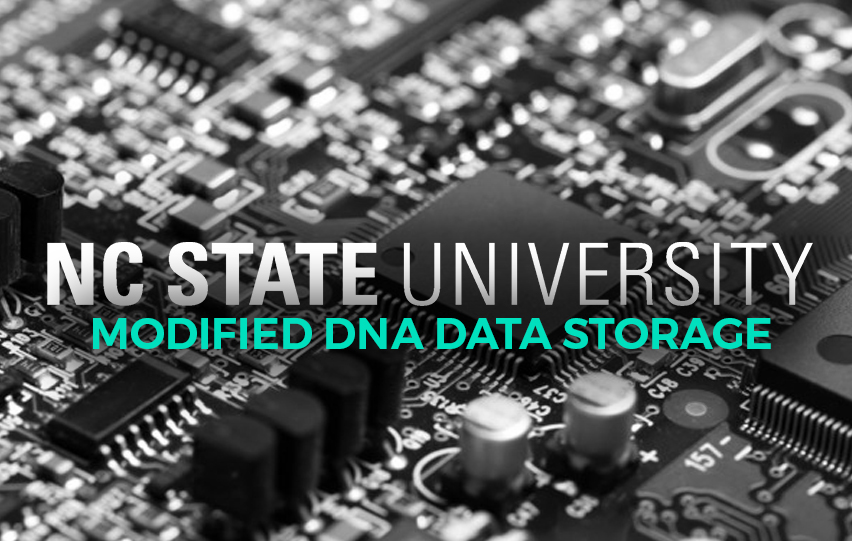A number of professors at North Carolina State University developed a new approach to DNA data storage that allows modification of data without destroying them.
The research on Nature Communications revealed a modified approach to DNA storage, relying on polymerase chain reaction (PCR) to access the stored files. Researcher and assistant professor Albert Keung co-authored the study on Dynamic Operations and Reusable Information Storage (DORIS).
According to Keung, the PCR is efficient in copying a higher volume of information but provides significant challenges. The DORIS doesn’t rely on PCR but helps ‘address key obstacles’ in the practical implementation of DNA data storage.

For years, DNA data storage is discovered to hold a magnitude of information than existing storage systems. The only catch is, a range of concerns were not addressed, and the practical implementation is a struggle.
The use of PCR to retrieve stored data resolves the practical barriers, however, this reaction significantly increases and lowers the temperature of the stored genetic material. This is the problem that lacks solution and DORIS could provide answers.
DORIS uses a single strand of DNA to store data. This provides a gradual consumption of space while maintaining the temperature of the genetic material. The overhang in the single-strand DNA is proven appropriate for primer-binding sequences without the double-strand DNA.
“In other words, DORIS can work at room temperature, making it much more feasible to develop DNA data management technologies that are viable in real-world scenarios,” said co-author and electronic engineering professor James Tuck.
Scale Up Large Databases
DORIS allows the increase of information density of the system, allowing easier scale up to handle massive databases. It automatically identifies the correct DNA sequence and not rely on PCR to make copies.
After DORIS transcribed DNA to RNA, it reverse-transcribe back into DNA, which is readable by the data storage. To put it simply, this system does not consume the original file in order to read it.
Keung said, “We’ve developed a functional prototype of DORIS, so we know it works. We’re now interested in scaling it up, speeding it up, and putting it into a device that automates the process—making it user friendly.”
The research is supported by the North Carolina State University and Innovation Seed Funding Award. More than educational organizations, the research is funded by the North Carolina Biotechnology Center Flash Grant.
















